FreeBalance Customer Public Expenditure and Financial Accountability (PEFA) Assessments
FreeBalance customers have achieved an average 27%* improvement in key PFM performance indicators as measured by the independent PEFA program.
PEFA assessments provide scorecards for Public Financial Management (PFM) achievements. Even though these assessments and frameworks have become more stringent over time, the progressive improvement our customers show bears testimony to the effectiveness of the FreeBalance Accountability Suite™ and FreeBalance’s PFM reform advisory services.
These governments achieve leapfrog results for:
- Budget reliability
- Budget transparency
- Public investment management
- Public asset management
- Budget preparation
- Expenditure controls
- Liquidity predictability
- Accounting and reporting
* An average of latest compared to first PEFA on 6 key GRP contributions for 5 FreeBalance customers
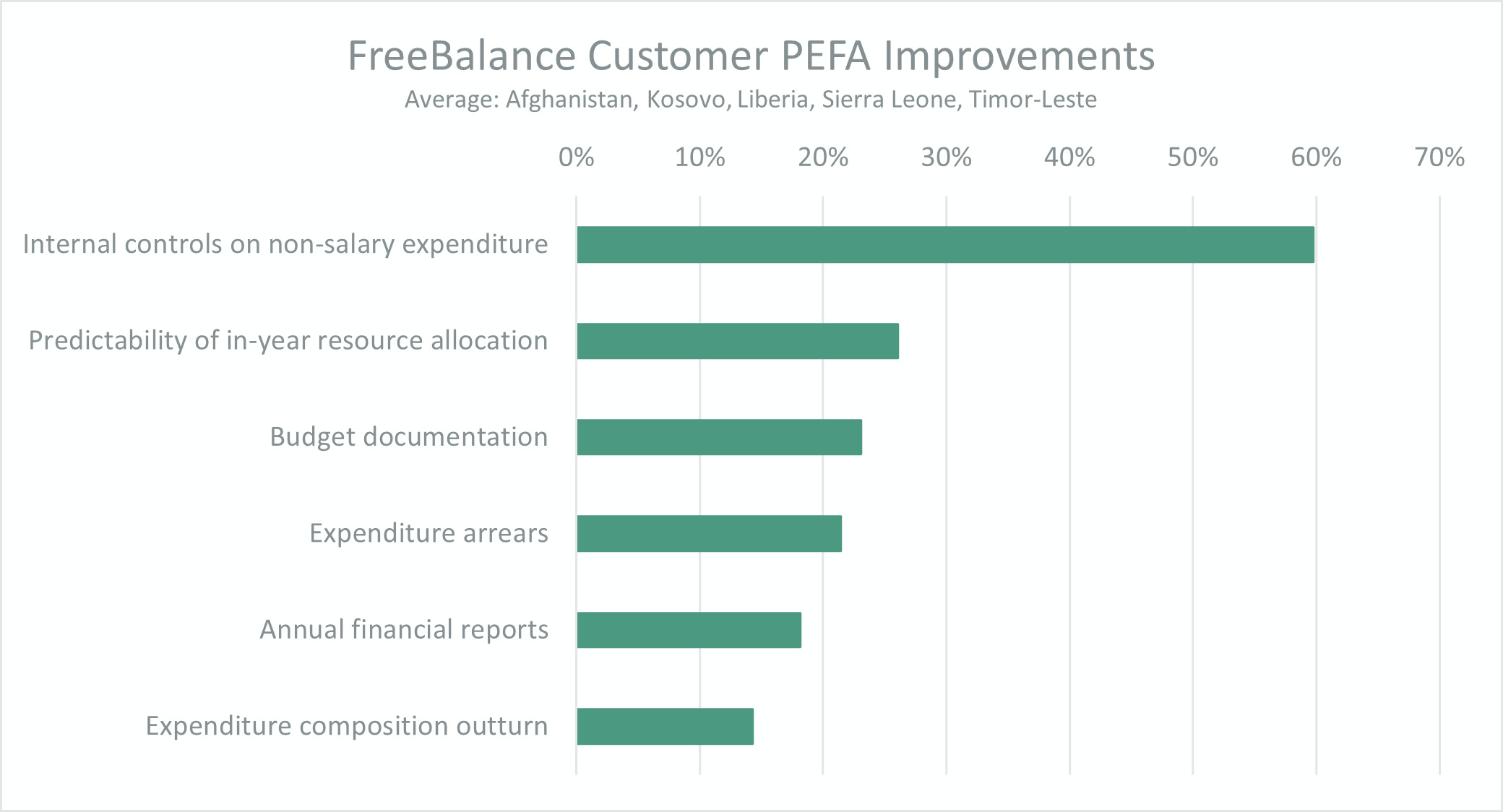
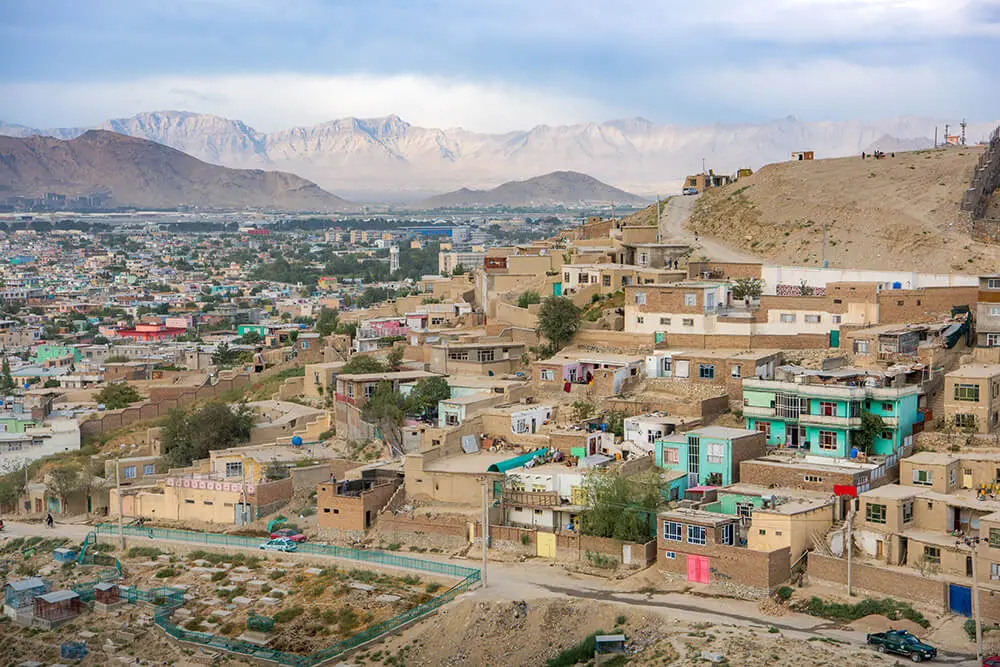
Afghanistan
FreeBalance began working in Afghanistan in 2002. The FreeBalance Accountability Suite™ forms the backbone of the Afghanistan Financial Management Information Systems (AFMIS) which has been progressively expanded to all Ministries and Provinces.
Afghanistan has transitioned from a state of emergency arrangements to a largely disciplined PFM system. The major achievements include establishing the legal, institutional and operational framework for PFM and ancillary functions, and introducing the modern budget tools and automated payments. Read More
There was notable performance improvement in revenue planning, public procurement, external audit follow-up and legislative scrutiny of audit reports. Read More
2013 PEFA Assessment
Budget execution in terms of transparency, time‐effectiveness, and accountability has improved noticeably in recent years with the expansion of AFMIS coverage, that facilitates orderly processing and tracking of budgetary allocation, allotment, and payments processes at the national and sub‐national levels. Read More
2008 PEFA Assessment
AFMIS has been operating in the Treasury Department since 2002. AFMIS using FreeBalance software, supporting cash based accounting, was initially configured to accept expenditure information and to produce checks but now handles all data entry and check runs for the Ministry of Finance and line ministries in Kabul. It records, in summary, the operations of the Mustafiats based on their monthly reports on expenditures and revenues. The structure of AFMIS enables recording of the Approved Budget, Primary Budget Unit (PBU) allotments, and location allotments. The system provides facilities to ensure the control for making within the approved budget and expenditures within allotments. Read More

Antigua and Barbuda
Since 2005, the FreeBalance Accountability Suite™ has been used to enable modern comptrollership and governance throughout the public sector, across 28 Ministries and Agencies.
Past accounting problems, and limited use of FreeBalance, have undermined the reliability and timeliness of financial information in Antigua and Barbuda in the past. However, since 2010, the reengineering of the main accounting business processes and improvements to bank reconciliations procedures have helped clearing the backlog of year-end financial reporting and improve the timeliness of the financial statements. Efforts have also been made for improving the completeness and presentation of the financial statements, which include a set of notes. Read More
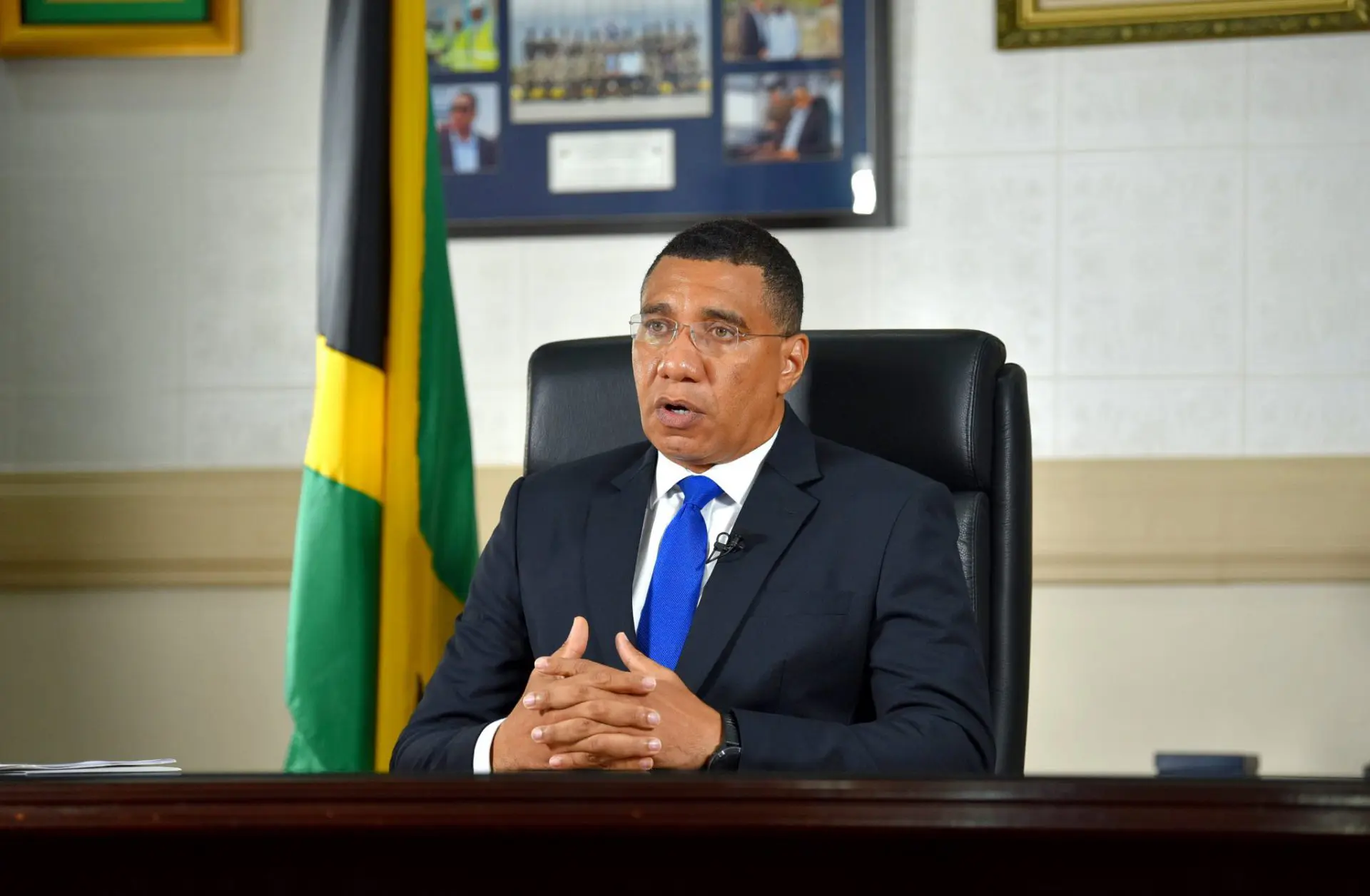
Jamaica
The Government of Jamaica has been a FreeBalance customer since 2015 and uses a number of the (GPM) Government Performance Management modules.
The comparison of the assessments indicate that between 2012 and 2016 budget credibility has improved as revenues are now well in line with budget estimates. The Chart of Accounts has been modernized to comply with GFS standards. The reporting of expenditures and revenues by public bodies is both comprehensive and timely. There have also been improvements in the budget calendar, and internal audit and particularly in tax administration. Read More

Kosovo
Since 1999, FreeBalance worked with the Government of Kosovo to accelerate PFM reform and provide a platform for good governance, accountability and transparency.
The Government of Kosovo is making significant progress in strengthening PFM performance, to the benefit of budgetary outcomes: aggregate fiscal discipline, the strategic allocation of resources and efficient service delivery. Read More
The effective use of the Financial Management Information System (KFMIS) has been an important tool in managing and executing the budget. Read More
The use of FreeBalance (KFMIS) allows commitment control and tracking of expenditures. Read More

Liberia
Achieving PFM Reform in Post Conflict Countries. Since 2010, IFMIS and Human Resources systems in Liberia leverage the FreeBalance Accountability Suite™.
An analysis of the assessment by components shows an improvement of the timeliness of budget approval by the legislature as well as the submission of the financial statements. This was also highlighted in the World Bank Group Project Performance Assessment on the Integrated Public Financial Management Reform Project in Liberia. Cash flow is also better monitored and forecasted. Read More
Performance improved due to greater use of IFMIS in compiling reports. Read More
In addition, ongoing reforms in internal audit, in budget classifications and chart of accounts, and in the implementation of the IFMIS are likely to yield further improvements in the short to medium term. Read More

Mongolia
Since 2003, FreeBalance has worked with the Government of Mongolia to implement and support an integrated public financial management system.
The greatest gains between the 2015 and 2021 assessments have been made in the areas of budget credibility and the predictability and control of budget execution… The overall improvement in scores between the two assessments reflects the concerted effort that the Government of Mongolia has made toward improving PFM systems. Read More
Mongolia has realized a high degree of transparency in its budgeting, budget execution, and citizens’ participation. Read More
2015 PEFA Assessment
Good progress has been made in tax administration, particularly with regards to the transparency in taxpayer obligations; tax collections; in the functioning of the Treasury Single Account (TSA); and the expenditure limits exercised through the Government Financial Management Information System (GFMIS, Mongolia’s treasury system) Read More
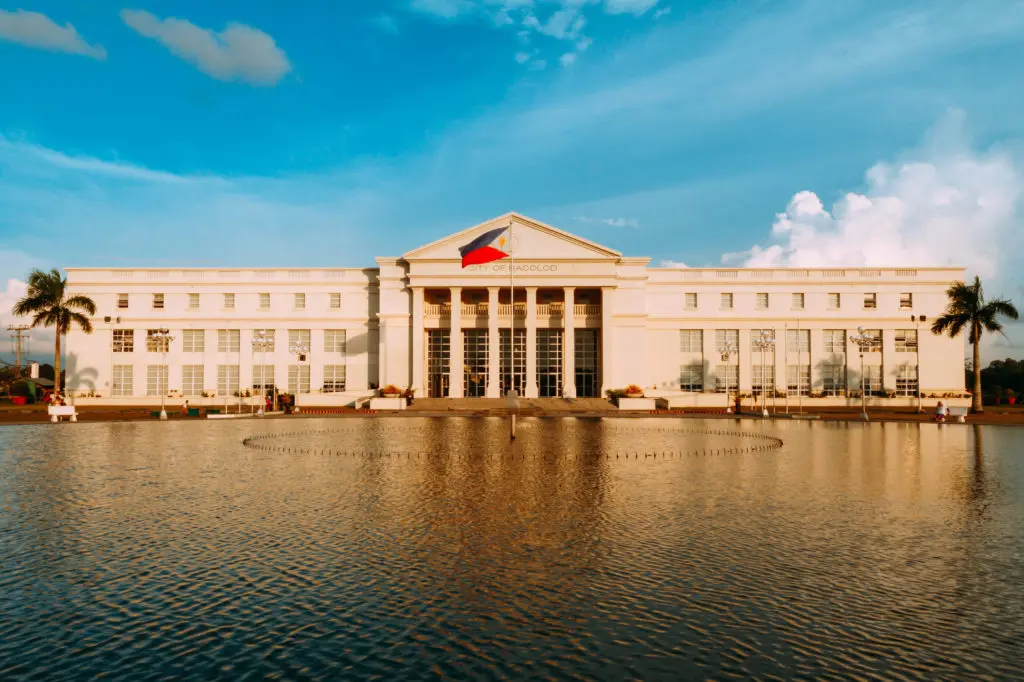
Philippines
FreeBalance worked with the Government of the Philippines since 2014 to implement the integrated Budget and Treasury Management System (BTMS) for the Department of Budget and Management.
2016 PEFA Assessment
The PEFA results show that the reform program to date has had success in strengthening the capacity of central agencies such as the Department of Budget and Management (DBM) in budget development and transparency. Read More

Sierra Leone
The Ministry of Finance uses the FreeBalance Accountability Suite™ to manage the budgeting, accounting and financial management functions throughout all tiers of the public sector.
2018 PEFA Assessment
Sierra Leone has maintained its progress since PFM reform started with the IRCB project in 2004. An analysis of changes since 2014 shows more improvements in scores than deteriorations. In some indicators, the team believe that the 2014 scores were overstated, so the true progress may be greater than it appears. In the light of the difficulties faced by the country over this period, the PFM reform performance should be commended. Read More
2014 PEFA Assessment
System controls within IFMIS continue to provide hard budget control to ensure that spending does not exceed overall quarterly budget allocations – the focus being to keep payments within approved limits. Read More
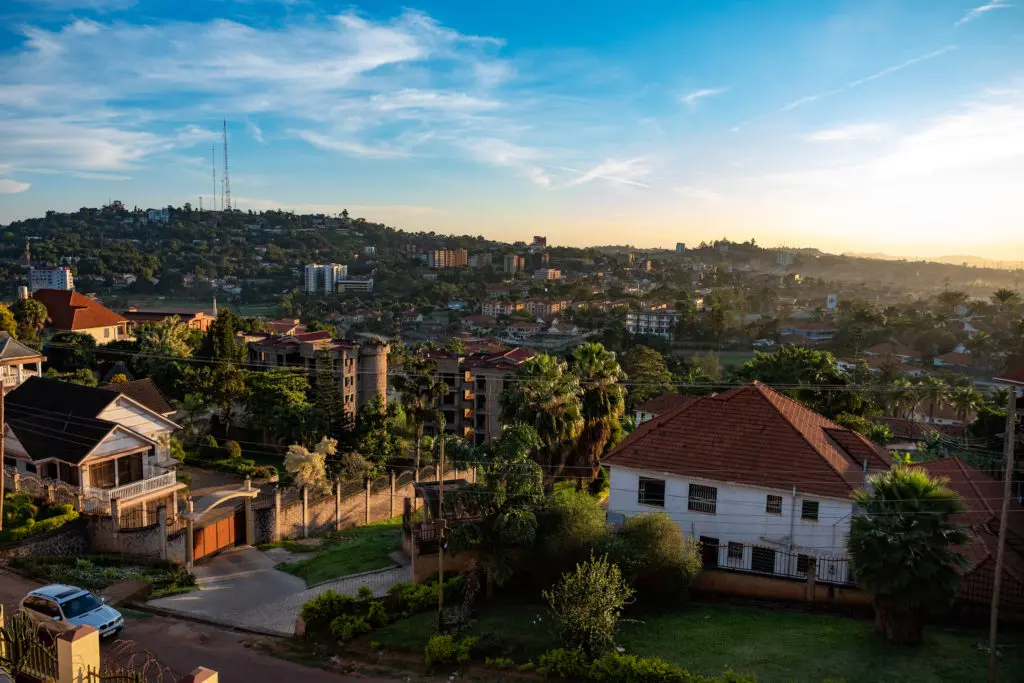
South Sudan
The FreeBalance Accountability Suite™ was implemented in 2008 and is currently used in 32 government entities.
2012 PEFA Assessment
An integrated financial management information system (IFMIS, also known by its commercial name, FreeBalance) has been established in eight spending agencies, but its role in controlling budget execution is limited. Only reporting functionalities are currently being used. The benefits are felt in terms of faster and more accurate generation of budget performance reports. Read More

Timor-Leste
Timor-Leste has been undergoing a continual process of PFM reform since it became independent in 2002 and its approach to PFM reforms mirrors the remarkable commitment and good progress achieved in nation-building.
Internal controls are being strengthened in the FreeBalance Government Resource Planning (GRP) system, and efforts are underway to systematically enforce them across decentralized and fragmented execution mechanisms. Read More
In general, Timor-Leste has made solid progress in strengthening PFM and achieving fiscal transparency over the last three years. This has resulted in, among others: (1) a transparent and sustainable framework for the governance of the petroleum sector, with a well-managed, supervised, and regularly audited Petroleum Fund; (2) a relatively well-structured budget process, including active participation by National Parliament; (3) an adequate reporting of donor-funded activities, albeit outside the consolidated government reporting; (4) use of a modern integrated financial management information system with reconciliation of Government’s bank accounts and advances; and (5) a treasury single account (TSA) that is progressing to cover the execution of most budgetary transactions. Read More
Need assistance? Please fill out the form below.
Contact FreeBalance to learn how we can help accelerate PFM reform in your country.